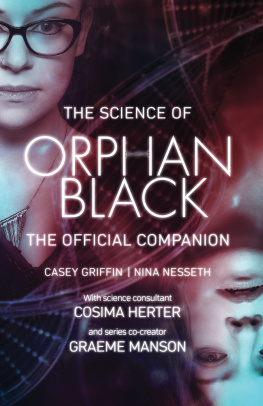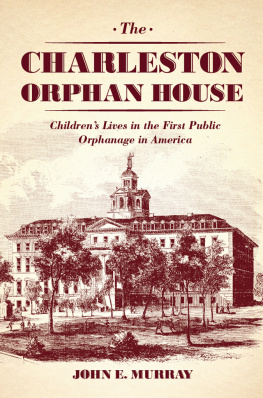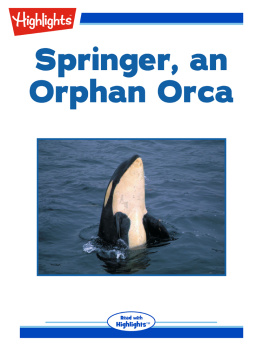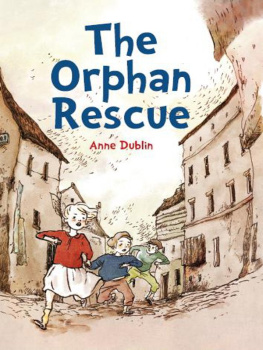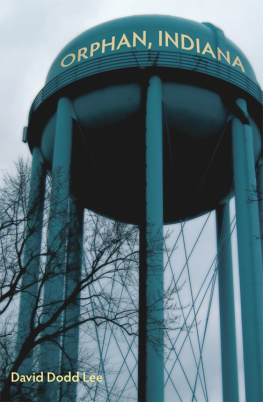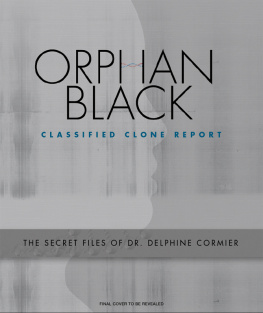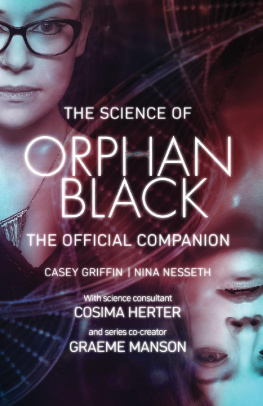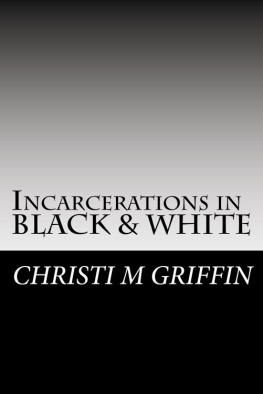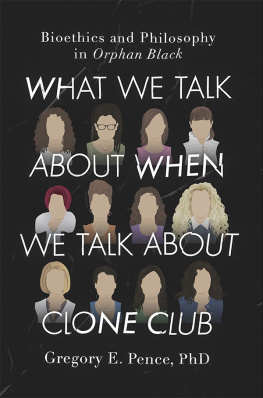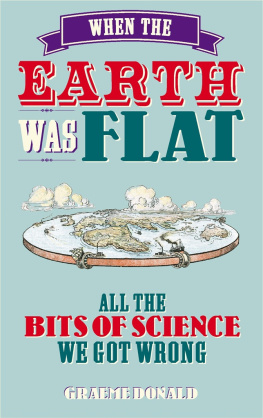by COSIMA HERTER
The entirety of the science you find in Orphan Black flowed from one original question which Graeme Manson put to me: What do you know about clones?
Clones.
This was the original guiding concept of Graeme Manson and John Fawcetts Orphan Black narrative, and the only science-related idea I had to work with in the beginning. In that first moment, late one summer evening over a glass of wine on his front porch, Graeme presented a fairly simple, but robust, idea hed been thinking about: genetically identical people who look just like each other. But immediately this inspired in me more than just a vision of multiple carbon-copied reproductions of an original human genome all behaving as though they were the same person. There are so many ways to think about clones, I told him. So many different kinds of organisms clone themselves bees, potatoes, jellyfish, bacteria, water fleas, even single cells clone themselves and for different reasons. But no one has successfully produced a human clone yet...
Cloning, or what youd call asexual reproduction, I explained, is a fascinating evolutionary strategy. Genetic clones are individuals, separated in space and time, and that alone prevents them from being exactly the same as one another. So, you also have to wonder if theyd have separate identities. Do you need to have a concept of self to have an identity? To have autonomy? To have agency? These were questions hed have to consider, too, especially if he were thinking about human clones. There are so many ways to think about the biology of clones, and so many ways for the idea of clones to produce philosophical questions about identity and selfhood. So, what exactly do you want to know about clones? Is this a biological question or an existential one?
He meant both. If you met a clone of yourself, he wanted to know, would it necessarily have the same personality? Could you look exactly alike, be the same age cloned like Dolly the sheep and still have totally different identities? A whole cascade of questions followed. Human clones would still be people, wouldnt they? How would human clones be made? Can they breed? Could they affect human evolution? How does evolution work? Could you produce a whole bunch of clones at once? Can we make synthetic people from clones?
Genes alone do not determine who you are theyre only one component that contributes to your individual identity. Your genes alone are neither the fullness of your biology nor the extent of your existential self (as Graeme and I refer to it). Neither can be securely located in a string of DNA molecules. Developmental environment is one component. Socio-cultural environment another. Geography, climate, diet, pollutants, stress: these things are all contributors. Epigenetics are also important phenomena that do not change the genome itself but affect how particular genes are expressed or silenced. To make a person, you need more ingredients than a genome can provide.
Genes do not determine your future, either. Your DNA is neither a scientifically accurate method of prediction nor a sacred divining rod. Your genes represent biological possibilities, some more probable than others. Genes do not oblige you to respond to the vicissitudes of life in any necessarily specific way. The chance events and contingent effects that construct our histories, the experiences and relationships we have, our mistakes and our successes, the knowledge we gain from them, along with biological compulsions, affect not only the choices we make but how we frame the range of choices we think we have. Genetic determinacy is a fantasy. Nature and nurture are not at odds; they function in tandem. For Graeme the storyteller, this was a gold mine of narrative and character possibilities. For me, this was a gorgeously rich opportunity to explore the complexities and controversies, the philosophies and politics embedded in and spinning out of reproductive technologies, synthetic biology, bioengineering, eugenics, theories of evolution, and the consequences of inserting our own agenda into biological processes.
From that one question, the scientific and philosophical issues built into the Orphan Black universe took shape. They were self-consciously and intentionally chosen, curated over several years of writing Orphan Black. While officially I held the title of science consultant, the choices were a collaborative effort. All the writers learned about, participated in, offered, debated, fought for, and accepted the science you read here in the following pages, and they wove a thrilling and compelling story from the pool of ideas we collected. Some ideas we chose very simply because we thought them elegant, provocative, perplexing, or ethically vexing. We mined historical events and now-defunct beliefs, as well as popular trends in contemporary research in biology, biotechnology and bioengineering, ethics, policy, law, and philosophy. Some we chose because they mobilized the narrative; some because we needed a way to solve a narrative problem. We tried to stay as true to the actual science as we could, but, of course, complete fidelity is mitigated by the medium in which the story is told. Science fiction is wonderful for problematizing our assumptions about humanitys place in the world, for speculating on future possibilities, for reframing past events in new ways.
Nina Nesseth and Casey Griffin have been writing about the science of Orphan Black for almost as long as the OB trip has been rolling along. Ive followed their episodic analyses each season in TheMary Sue and was continually inspired, excited, flattered, but mostly humbled by their insight, their humor, and their ability to offer explanations and critiques in accessible, elegant, and straightforward language. Its remarkable how painstakingly theyve identified, compiled, and explained the crazy science so beautifully. I couldnt be more excited to witness the birth of this book and the life and continuance of the conversation.
WELCOME TO THE TRIP
NINA: If youre reading this right now, chances are youve already been inducted into Clone Club. If youre brand new to Orphan Black, then in the words of science nerd and Leda clone Cosima Niehaus: Welcome to the trip. People are drawn to Orphan Black for myriad reasons. But what makes Orphan Black extra-extra special for us is that every episode of its five-season run features science. Real science.
The thing about Orphan Black, unlike most science-fiction television out there, is that it doesnt take scientific concepts and stretch them thin until they are flimsy cellophane versions of real science. Most of the science explored on the show is real and follows current research interests. Notice that Im saying most of the science: TV science is never perfect, mostly because the rules of the worlds that we see on TV are very seldom perfect mirrors of our own especially when you squeeze those worlds into 42-minute episodes. Of course, thats where the fiction part of science fiction comes into play. The basic conceit of Orphan Black is this: in the 1970s, illegal human cloning experiments were launched. In the 1980s, the first human clones were born and were housed with surrogate families around the world, unaware of their clone status. In 2012, a number of the North American clones, now 28 years old, become self-aware and begin to seek answers and seek out each other.

